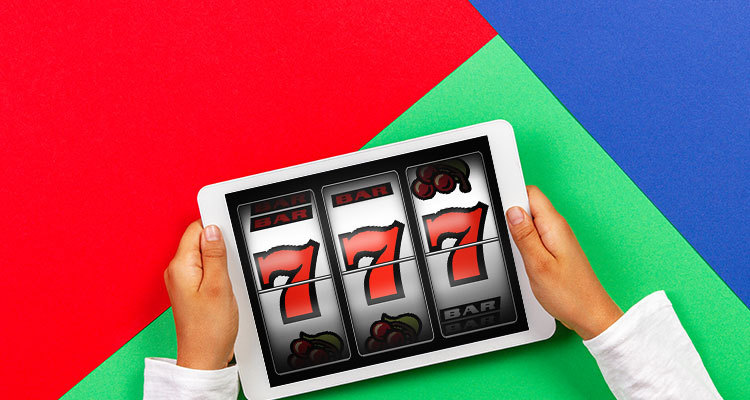Loot boxes have long been a point of contention in several countries, with many governments considering the element as one that could be considered gambling. In the UK, government officials are considering reclassifying the products due to concern that the loot boxes will train children to gamble.
This week, the Department for Digital, Culture, Media and Sport (DCMS) will start a call for evidence of loot boxes. The call comes at a time when the concern is growing over the mechanics of loot boxes and how they could be encouraging behavior in children that is similar to gambling.
What Are Loot Boxes?
A loot box is an element in a video game that allows players to purchase in-game rewards. This can include equipment and characters. There is an unknown element as players do not know what a loot box will contain.

In video games, it has been estimated that loot boxes bring in £23 billion each year. According to The Guardian, that figure is increasing. If the ministers in the UK decide to reclassify the option, it would significantly impact the developers of video games. They would have to recreate some titles for the under 18 crowd or pull some titles due to the loot box content.
The loot boxes have an element of chance but are not covered by gambling legislation. So, they are not regulated by the Gambling Commission. This is because the items that players ‘win’ are not considered to have a monetary value.
In 2019, the DCMS conducted research on loot boxes. Chair of the select committee of the DCMS Damian Collins, stated at the time that developers in the UK should be required to fund independent research into the long-term impact of the video games and then use the data collected to protect those who may become addicted to gambling.



